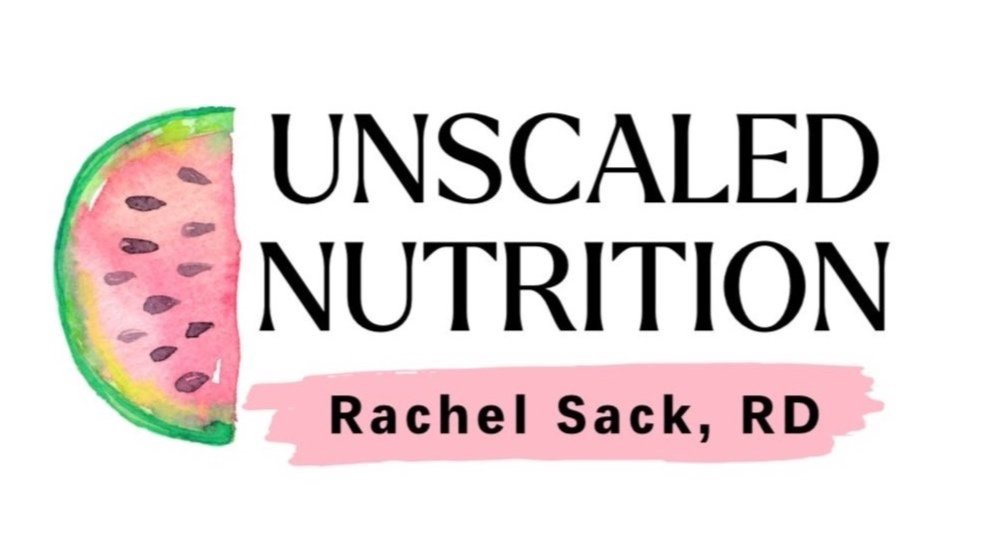Social Determinants of Health
Ever heard someone make any of the following comments?
It’s simple - calories in vs calories out.
We all have the same 24 hours in a day.
We all should just eat like our ancestors did.
You just have to be committed to changing your lifestyle.
These are just a few things that I hear people say when discussing the health of people at large. These are blanket statements that don’t take into account social determinants of health (SDOH). The World Health Organization defines SDOH as “the conditions in which people are born, grow, live, work, and age and people’s access to power, money and resources - have powerful influence on health inequities”. There are five main domains of SDOH - economic stability, education access and quality, health care access and quality, neighborhood and built environment, and social and community context. Here are some examples of each of these domains.
Economic stability - In the US, 1 in 10 people lives in poverty. If you’re living in poverty, you are likely not going to be able to afford fresh, nutrient dense foods. In addition the stress of living in poverty can have a negative effect on a child’s brain development as they grow.
Education Access and Quality - Children from lower income families are less likely to graduate from high school or college. This means a lower chance of obtaining a good paying job which in turn translates into economic uncertainty, making it difficult to make the most healthful choices.
Health Care Access and Quality - Millions of Americans don’t have health insurance. Without health insurance there’s a real lack of routine and preventative care that helps catch many health issues early, when they’re much easier to treat.
Neighborhood and Built Environment - Living in a neighborhood with high violence, unsafe air/water, or having a high risk/dangerous job are all things that can negatively affect our health. Maybe we can’t afford a gym membership, but also, it’s not safe to walk our neighborhood.
Social and Community Context - Relationships matter. Having positive relationships at home, school, work, church, etc can have a huge positive affect on our health. Bullying, prejudice, racism - these are all barriers to obtaining and maintaining good health.
That’s a lot of factors affecting a persons health status! Which is why we need to look at the bigger picture. We can’t blame people for their poor health when there are so many factors, completely out of their control, that have very real and clear effects on them. We need to look at the systematic and systemic issues that affect millions of Americans and make it so difficult to lead their healthiest lives.
The government has a Healthy People Initiative that looks at improving the health for populations at large via certain health goals. This is a start at taking a step back to look at the bigger picture of our health as a population, because it’s so much more than just the daily food choices we make.
References :
https://odphp.health.gov/healthypeople/priority-areas/social-determinants-health
